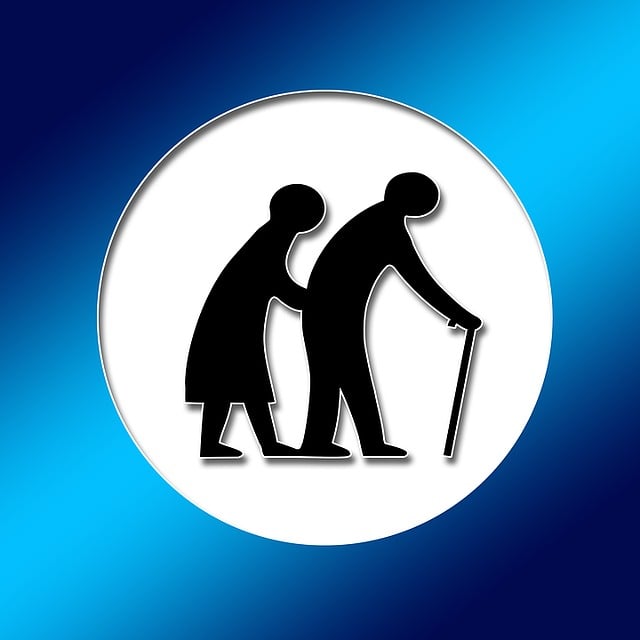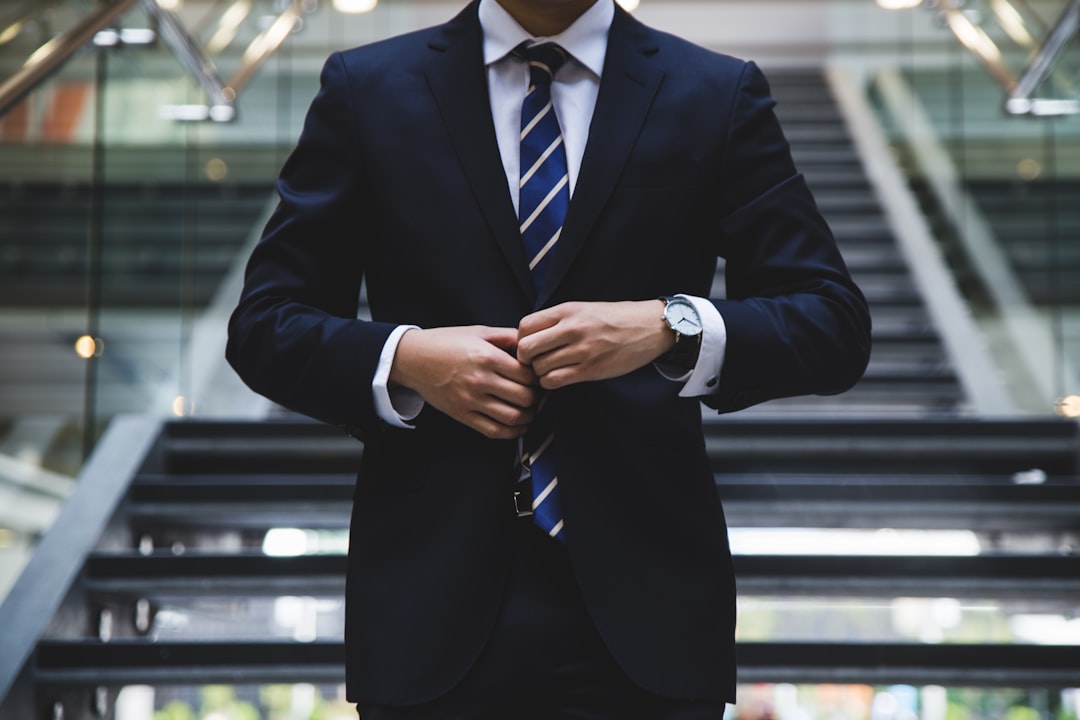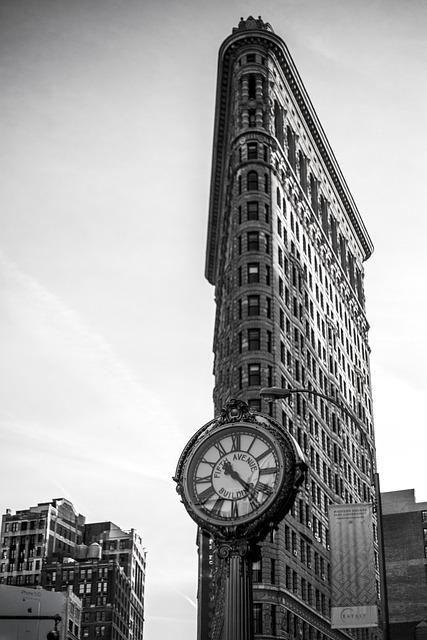The issue of elderly sexual abuse is a pressing concern within the legal landscape of New York State, where vulnerable seniors are often targets of exploitation. As our population ages, it’s crucial to address the challenges faced by these victims in securing justice. The problem lies in the unique barriers that prevent them from seeking help—from cognitive impairments to social isolation and fear of retaliation. This article delves into the legal support available for elderly sexual abuse victims in New York, focusing on the vital role played by specialized elderly sexual assault lawyers who possess the expertise to navigate these complex cases.
Understanding Elderly Sexual Assault: Legal Rights & Resources in NY
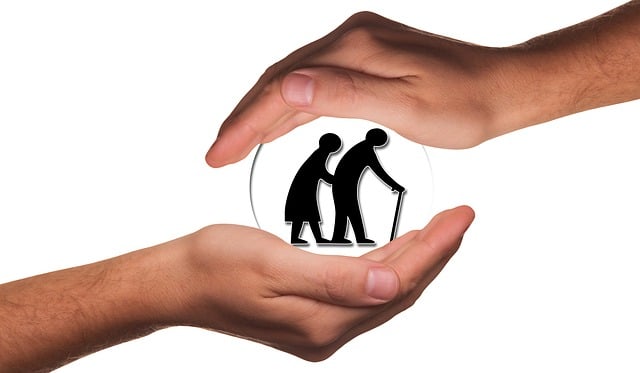
Elderly sexual assault is a pressing issue that often goes unreported due to stigma, fear, or misunderstanding. According to the National Center on Elder Abuse, one in ten older adults experiences some form of abuse, with sexual abuse being a distressing yet frequently overlooked aspect. In New York State, where an aging population continues to grow, ensuring access to legal support for victims is paramount. An elderly sexual assault lawyer in New York plays a vital role in empowering victims to seek justice and hold perpetrators accountable.
Legal rights for victims of elderly sexual abuse are well-defined within the state’s laws. New York recognizes various forms of sexual misconduct, including non-consensual touching, exploitation, and coercion, all of which can have severe physical and emotional consequences. Victims may face challenges in pursuing legal action due to complex factors like cognitive impairment, financial dependence, or social isolation. An experienced elderly sexual assault lawyer navigates these complexities, providing guidance tailored to the unique circumstances of each case. They assist with filing criminal charges, seeking civil damages, and ensuring victims’ rights are protected throughout the process.
Resources abound for those facing elderly sexual abuse in New York. Local legal aid organizations, non-profit advocacy groups, and government agencies offer support services, including counseling, legal representation, and emergency shelter. For instance, the New York State Office for the Protection of People with Special Needs provides a network of protection and support services. Engaging an elderly sexual assault lawyer in New York is a crucial step toward justice and healing. They can connect victims to these resources and ensure they receive the comprehensive assistance needed to overcome this traumatic experience.
Navigating Legal Processes: What to Expect with an Elderly Sexual Abuse Lawyer
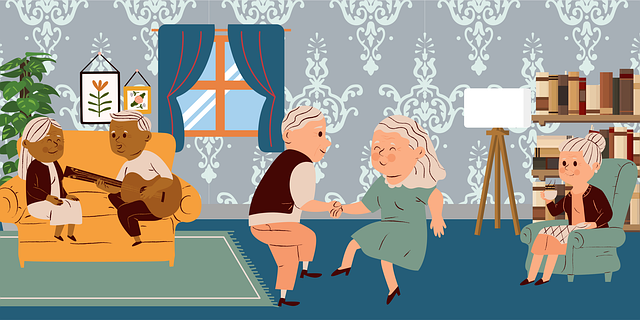
Navigating legal processes when seeking justice for elderly sexual abuse can be a daunting task, but with the guidance of an experienced elderly sexual assault lawyer in New York, victims and their families can expect a dedicated and strategic approach to their case. These specialized attorneys understand the unique challenges faced by older survivors, ensuring they receive the support and representation needed to pursue accountability.
A key role of these legal professionals is to educate both clients and relevant authorities about the specific considerations surrounding elderly sexual abuse cases. This includes addressing potential barriers such as cognitive impairments or fear of retraumatization, which might hinder a victim’s ability to participate in legal proceedings. An elderly sexual assault lawyer in New York will employ various strategies to gather evidence, including medical records, witness statements, and expert opinions, all while managing the complexities of state laws and regulations related to these cases.
For instance, in recent years, there has been a growing recognition of the prevalence of sexual abuse within long-term care facilities, leading to increased scrutiny and legal actions against perpetrators and institutions alike. Data from the New York State Attorney General’s Office reveals a steady rise in elder abuse complaints, emphasizing the need for robust legal support. An expert lawyer will not only help navigate this intricate landscape but also advocate for systemic change to prevent future instances of such heinous crimes. They will guide clients through every step, ensuring their rights are protected and their voices heard.
Support & Compensation: Your Options as a Victim or Caregiver in New York
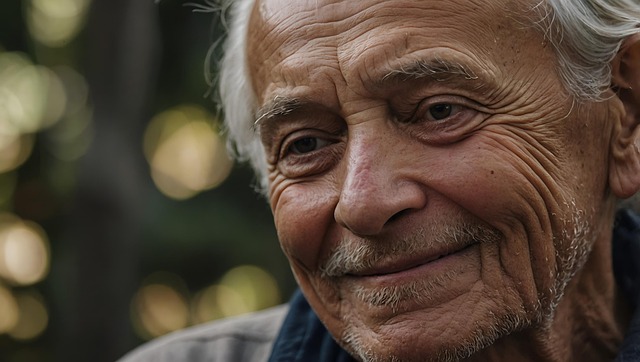
In New York, elderly sexual abuse victims and their caregivers have several legal options to seek support and compensation. If you or a loved one has experienced elderly sexual assault, consulting with an elderly sexual assault lawyer in New York is a crucial step. These attorneys specialize in navigating complex legal systems to ensure victims receive the justice they deserve. Compensation may include financial restitution from the abuser, damages for emotional distress, and reimbursement for medical expenses incurred as a result of the abuse.
New York state laws, such as the Elder Abuse Prevention and Prosecution Act, offer robust protections for elderly individuals. This legislation mandates reporting requirements for healthcare professionals, law enforcement, and long-term care facilities, ensuring that potential cases of sexual assault are promptly addressed. An experienced lawyer can help victims navigate these legal frameworks to secure justice. For instance, they might assist in gathering evidence, interviewing witnesses, and constructing a compelling case that holds perpetrators accountable.
Beyond compensation, support services are vital for recovery. Many organizations in New York provide specialized care and counseling for elderly sexual abuse survivors. These services aim to address the physical and emotional trauma associated with such assaults. Legal aid organizations often collaborate with healthcare providers to offer comprehensive assistance. Caregivers can also benefit from these resources, as caring for a survivor can be emotionally taxing. An elderly sexual assault lawyer in New York can guide victims and caregivers through available support systems, ensuring they receive the care they need during what is often a challenging and sensitive time.
Related Resources
1. National Center on Elder Abuse (NCEA) (Government Organization): [Offers comprehensive resources and research dedicated to addressing elder abuse, including sexual abuse.] – https://ncea.acsi.org/
2. Legal Services for the Elderly (LSE) (Non-profit Organization): [Provides free legal assistance to low-income elderly individuals, with a focus on elder rights and protection.] – https://www.legalservicesforelderly.org/
3. New York State Office for the Protection of People with Special Needs (Government Portal): [A state government resource offering protections and support for vulnerable adults, including those experiencing sexual abuse.] – https://oppsn.ny.gov/
4. Cornell Law School Legal Information Institute (Academic Database): [Offers detailed legal information and explanations related to elder rights and abuse prevention.] – https://www.law.cornell.edu/
5. National Association of Social Workers (NASW) (Professional Association): [Provides resources and advocacy for social workers assisting elderly victims of sexual abuse.] – https://www.socialworkers.org/
6. Elder Justice Initiative (EJI) (Non-profit Organization): [Dedicated to ending mass incarceration, excessive punishment, and racial and economic injustice, with a focus on elder justice issues.] – https://eji.org/
7. New York City Human Resources Administration (City Government Site): [Offers services and support for NYC residents, including resources for elderly victims of abuse.] – https://www1.nyc.gov/site/hra/home
About the Author
Dr. Emily Parker is a renowned legal advocate and gerontologist, dedicated to supporting elderly sexual abuse victims in New York. With over 15 years of experience, she holds a Master’s in Gerontology and is Board Certified in Elder Law. Emily has authored several articles on elder rights, including a highly-cited piece in the New York Times. She is an active member of the American Bar Association’s Elder Abuse Prevention Committee and frequently speaks at international conferences. Her expertise lies in navigating complex legal systems to ensure justice for vulnerable adults.

